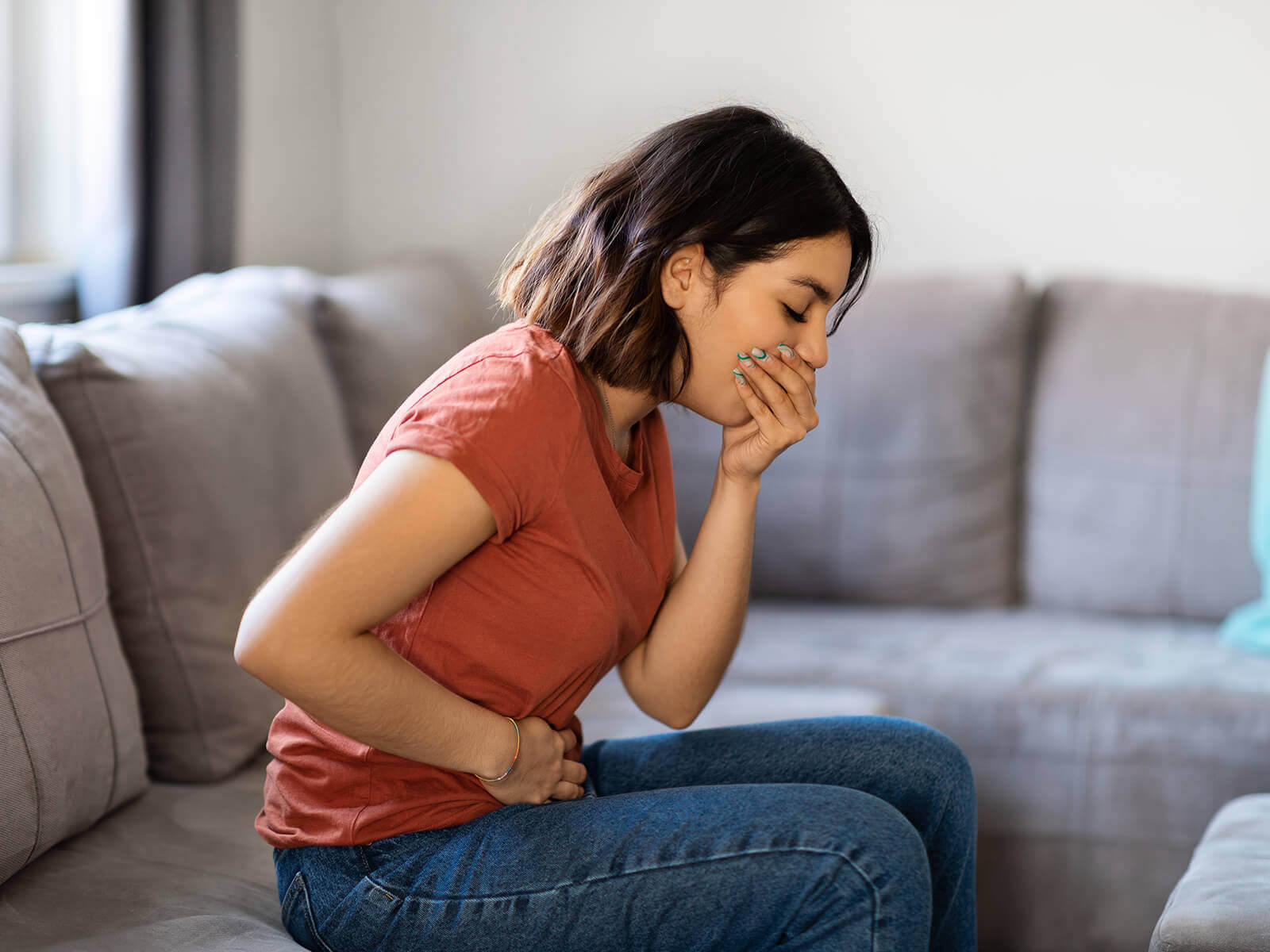
A gastric ulcer is a sore that exists on the inner wall of your stomach. It occurs due to stomach acid corroding the protective mucus lining resulting in upsets and open sores. It is also known as a stomach ulcer or peptic ulcer which may bring discomfort and complications upon being untreated.
Gastric ulcers often present with:
The stomach lining may be damaged and lead to the appearance of ulcers due to several factors:
At GastroDoxs in Jersey Village, we are leading in diagnosing and treatment of gastric ulcers using patient conceived approach. Our highly-trained team will have your back throughout including timely endoscopic services, nutritional and lifestyle advice based on your needs and preferences. Get same-day appointments, hospitable human resources that will provide an explanation of every procedure, and a personally developed treatment program aimed at chronic pain treatment. Wait-schedule today and make the first step to recover.
We've successfully treated more than 3.4K patients, helping individuals improve their digestive health and overall well-being through expert, personalized care.
With over 20 years of experience, GastroDoxs has been a trusted provider of gastroenterology care, focusing on delivering the best outcomes for patients
A gastric ulcer is an open sore on the inner lining of the stomach caused by an imbalance between stomach acid and protective mucus. It can be triggered by H. pylori infection or long-term use of non-steroidal anti-inflammatory drugs (NSAIDs).
Gastric ulcers can be caused by H. pylori infection, prolonged NSAID use (e.g., ibuprofen), excessive acid production, smoking, alcohol use, and stress, all of which increase stomach acid levels.
Stress does not directly cause ulcers but can increase stomach acid and slow healing, making existing ulcers worse or delaying recovery.
Yes. Pain from a gastric ulcer can radiate from the upper abdomen to the back, causing discomfort or pain in the back area.
Gastritis is inflammation of the stomach lining, which may or may not involve an open sore. A gastric ulcer is a specific open sore that extends into the stomach lining, often causing significant pain and potential complications.
It is recommended to eat low-fat, non-acidic foods such as oatmeal, rice, bananas, applesauce, lean poultry, fish, cooked vegetables, and whole-grain bread in small portions to soothe the stomach lining and support healing.
Fruits rich in fiber (bananas, apples), probiotics (low-fat yogurt, kefir), oatmeal, and light protein sources help relieve irritation and promote healing.
Most gastric ulcers heal within 4–8 weeks with proper medication, including proton-pump inhibitors and H. pylori antibiotics, along with dietary modifications.
Gastric ulcers in horses are sores or blisters in the stomach lining, caused by stress, a high-grain diet, irregular feeding schedules, or long-term NSAID use.
Symptoms of equine gastric ulcers include poor appetite, weight loss, behavioral changes, sensitivity around the girth, teeth grinding, and colic.